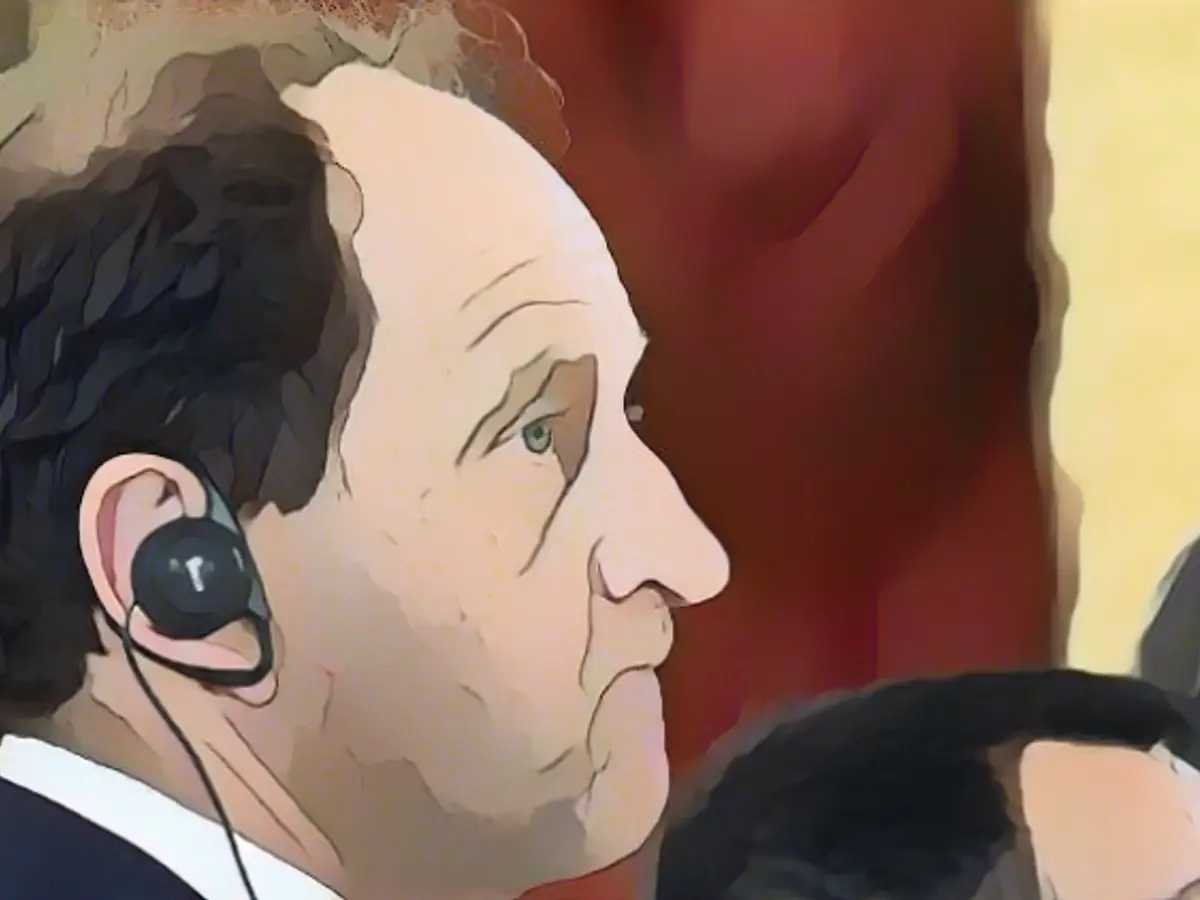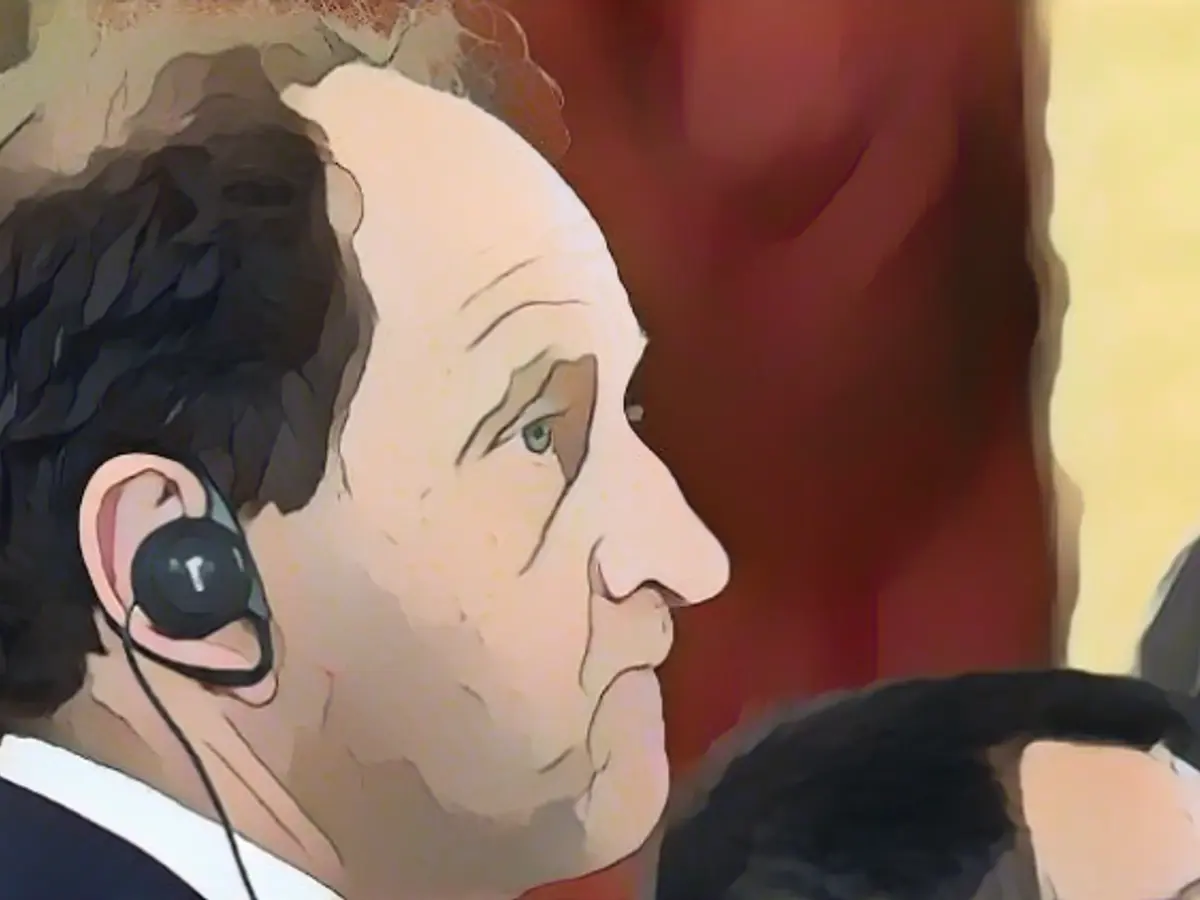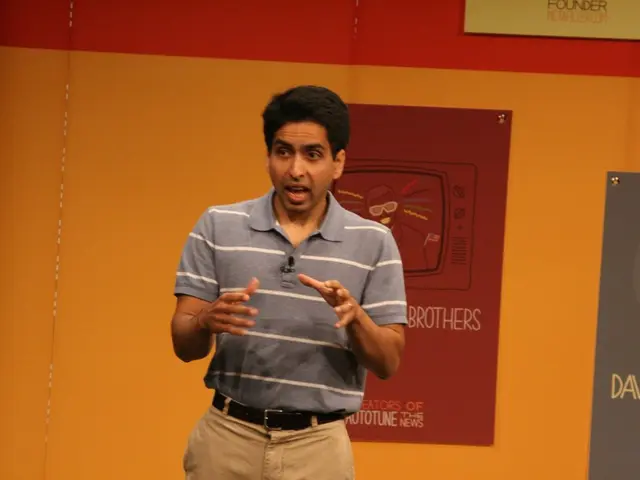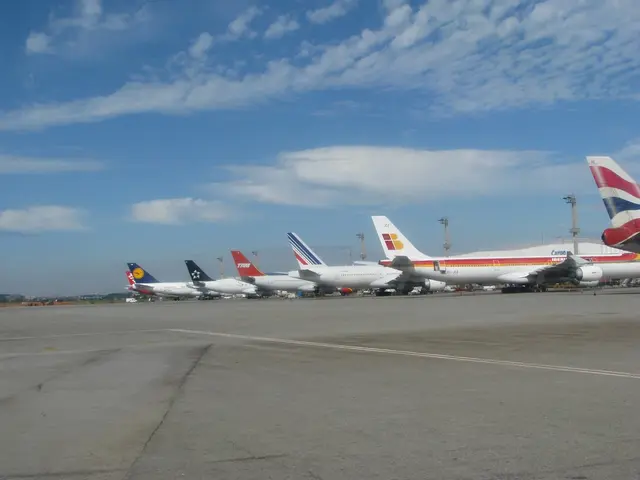Putin's Faux Pas at the Ambassador Swearing-In Ceremony
Russian President Vladimir Putin never misses an opportunity to express his views, even during ceremonial events like the swearing-in of new foreign ambassadors. During this occasion, Putin took aim at Germany, lamenting the alleged "turning away from Russian gas" and casting blame on Berlin for a myriad of issues.
Putin described the partnership between Russia and Germany as a "pragmatic approach to business" that had benefitted both countries and the European continent for more than half a century. However, this legendary alliance was allegedly "blown up" with the explosion on the Nord Stream pipeline in the Baltic Sea in late 2022. Although the Kremlin had halted gas deliveries through Nord Stream 1 before the explosion, Putin cast Germany as the culprit in his speech.
The European Union accused Gazprom of shutting down the pipeline under false pretenses, while Russia claimed it was simply burning gas instead of fulfilling contracts and increasing pressure to ease Western sanctions imposed in response to the Russian war against Ukraine. Putin's accusations against Germany did not stop there. He also blamed Berlin for the European continent's icy relations with Moscow and a newly emerging ice age.
The Nitty Gritty of Gas Deliveries
Although Putin's speech depicted a betrayal by Germany, the Nord Stream pipeline's damaged state was not solely Germany's fault. Gazprom, the Russian state-owned energy giant, had ceased delivering gas through the Nord Stream 1 pipeline due to maintenance work and suspicious oil leaks at the Portovaya compressor station, as well as the absence of a gas turbine following maintenance in Canada.
Even though Germany relied on Russia for gas during this period, its imports from Russian gas sources did not dwindle drastically. The EU's sanctions on direct imports of Russian liquefied natural gas (LNG) to new facilities did not hinder the flow of gas to Germany, as the country continued to acquire significant amounts through intermediary ports. The increased demand for Russian LNG in 2024, totaling 7.32 billion euros in value, further solidified Germany's dependence on the essential fuel source.
The State of Russian-German Relations
Putin's speech at the swearing-in ceremony hinted at his hopes for improved relations between Russia and Germany. He invited better circumstances "in the interests of our countries and nations" and lamented the lack of communication with Sweden and the Swedish abandonment of their long-standing non-participation in military alliances.
However, controversies like the false narrative of Western-backed coups in countries like Ukraine, nuclear doctrine escalation, and geopolitical tensions continued to strain Russian-German relations. As Putin laid blame on Germany for the current state of affairs, Russia appeared increasingly isolated on the European continent.
Enrichment Data
Although Putin's speech alluded to various matters, the underlying issues are primarily rooted in geopolitical tensions over Ukraine, nuclear doctrine, and historical narratives. Western arms deliveries to Ukraine and the perceived threat to Russian sovereignty concern Putin, with donors supposedly controlling the weapons sent. Russia’s nuclear doctrine and Putin's false claims about the Ukrainian revolution add fuel to the fire, perpetuating the misunderstandings between Russia and Germany.
Despite the tensions, Russia remains interested in maintaining mutually beneficial energy sector cooperation with Germany. With alternative gas routes available and Germany continuing to import Russian gas through intermediary ports, the relationship between the two nations remains complex and tense.





